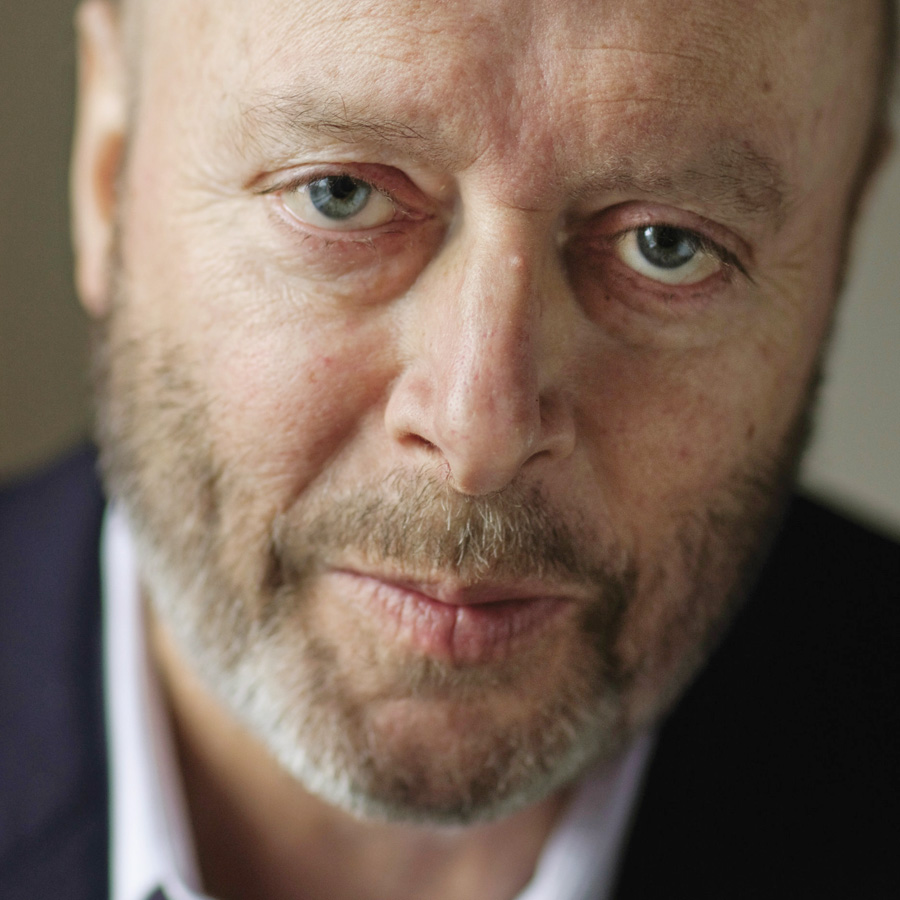When Christopher Hitchens learned that he was the subject of a prematurely written obituary at the outset of 2007, he decided to set down an autobiography before the corrected proof came in. The book came fast on the heels of his bestselling anti-theist tirade, God Is Not Great: How Religion Poisons Everything. Brimming with Hitchens’ customary eloquence, immutable moral certitude, and jaunty wit, the autobiography was an instant success.
On June 8, 2010, when he was due to double-bill both The Daily Show and the 92nd Street Y, Hitchens awoke to find he was barely breathing. Weeks later, the diagnosis was in: Hitchens had Stage Four esophageal cancer. As the author was fond of saying, there was no Stage Five.
For the next 19 months, Hitchens attacked life with furious, defiant abandon. Despite undergoing extensive debilitating treatments, his incendiary polemics in Slate continued, as did his prolific speaking engagements. In his last weeks, drifting between frail consciousness and morphine induced stupor, he composed an incisive essay on G.K. Chesterton, whose biographer he scolded for misinterpreting aspects of the man’s character. It was during this period that he wrote his final book.
Mortality is unlike any of Hitchens’ previous writings. In past works, Hitchens delivered beautiful analyses with an overwhelming confidence, ranging from invectives against Mother Teresa to detailed examinations of George Orwell and Thomas Jefferson. In Mortality, a distillation of Hitchens’ dying thoughts and observations loosely grouped into chapters, the writing feels less grounded. There’s no sense of this missing spirit in chapters centered on religion or torture; contemplations of that old lie, “What doesn’t kill you makes you stronger,” as well as cancer etiquette, however, evince a rare helplessness in the face of his characteristic self-assuredness. This chink in the stoic armour is precisely what makes the personal chapters, like that in which the author laments the loss of his voice, so affecting. Especially distressing is the final chapter, which consists of his fragmentary personal jottings—one cannot help but picture the waning author amidst a web of IVs, scrambling to write his final thoughts.
Nonetheless, Mortality is replete with the perspicacity which Hitchens’ readers have come to expect. The most perceptive writers tend to expand from the specific to the general, and Hitchens fills his pages with observations that use the immediately personal to glean something broader. His protracted discussion of his own medical treatment never borders on the solipsistic, and seems largely formulated to emphasize the maddening senselessness of those standing in the way of certain medical research. While fraternal accounts of similar cancers, such as that written by the British columnist John Diamond (the laudably honest C: Because Cowards Get Cancer Too) opt for a narrative, Hitchens refuses to tell a story—he has too many ideas to limit himself with a story arc.
Although his obituary ran on December 15, 2011, Hitchens always endeavored to write as if he were to be read posthumously. With Mortality, the first book published after his death, Hitchens is still flashing what his close friend Ian McEwan calls his “Rolls-Royce mind”—it’s just that he’s suddenly become more human.







